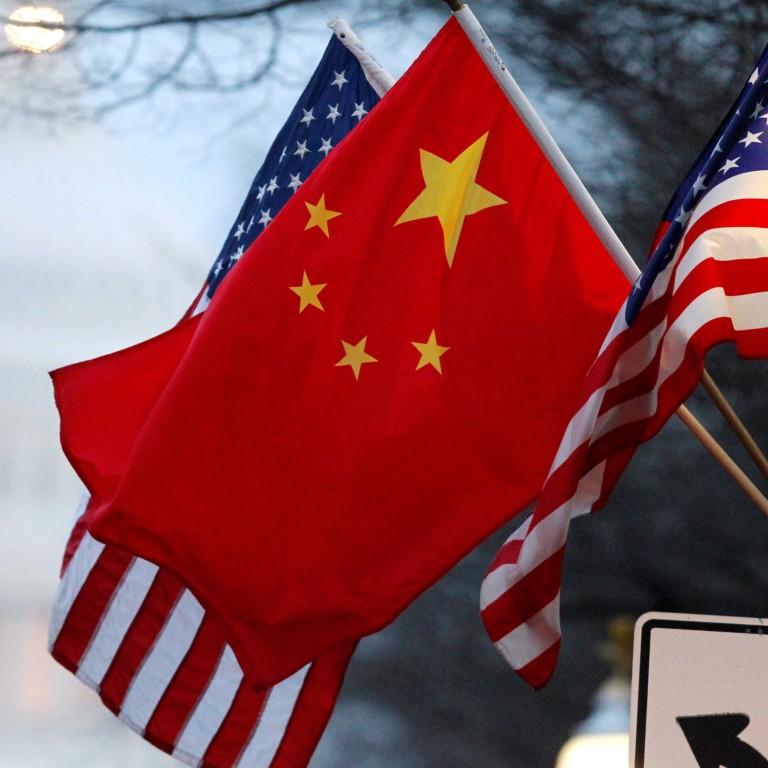
China-US relations: as Biden team gathers allies, it finds Asian partners more willing than Europe
- The US president as well his secretaries of state and defence have sent early and consistent diplomatic signals about China and the Indo-Pacific
- In a survey of Europeans, a third believed that after the 2016 US election of Trump, the American electorate could not be trusted
But while Washington’s early efforts towards a more collective approach on China were embraced by governments in Japan, Taiwan and the Philippines, there has been hesitancy from European leaders.
White House readouts of Biden’s calls with British Prime Minister Boris Johnson, French President Emmanuel Macron and German Chancellor Angela Merkel all included China as one of the shared foreign policy priorities, but this was noticeably left off statements coming from European records of the exchanges.
Biden and Blinken pledge to back Japan and Philippines in sea disputes
Andrew Small, senior transatlantic fellow at the German Marshall Fund’s Asia Programme, said the Biden administration made clear in its initial calls that both China and the Indo-Pacific would be high on its agenda with allies, including explicitly with Europe.
“This is what they had signalled before taking office and now they’re executing it, including very explicitly with European leaders,” he said. “The Europeans may not be comfortable with the notion of a formal ‘coalition’ to deal with China, but that doesn’t mean they’re not willing to cooperate on the substance, issue by issue, or to take part in detailed coordination efforts on China with the new administration.”
A survey published last week by the European Council on Foreign Relations found that Washington could not take European alignment on China for granted, with nearly 60 per cent of the 15,000 respondents from 11 European countries surveyed wanting their nation to remain neutral in a US-China conflict and 32 per cent believing Americans could not be trusted after Trump was elected in 2016.
Charles Kupchan, senior fellow at the Council on Foreign Relations, said that there was some hedging in Europe because of uncertainty about American leadership in the long term and because of China’s growing economic power.
While the Europeans’ investment deal with China indicated they were prepared to move out on their own, it meant that “even though the United States will establish as a priority working with democratic allies on China policy, there will be good days and bad days,” he said.
What is the China-EU CAI and how is it different from a trade deal?
But in Asia, reassurances by the Biden’s team that the US was committed to the region were welcomed by leaders in the region.
Small said some of the United States’ Asian partners had worried that a Biden presidency would mean a return to the days of the Obama administration, when Biden served as vice-president for eight years.
But American commitments on the Senkakus, Taiwan and South China Sea, as well as the use of Indo-Pacific terminology showed that “elements of the Trump administration’s approach were a reflection of long-term US strategy, not aberrational, and that the thinking on China has evolved significantly among many of those who served in prominent roles during previous administrations,” he said.
Kupchan said that US partners in Asia were, for the most part, relieved that the US had returned to “a more familiar brand of statecraft” and to see the so-called pivot to Asia move ahead.
“The president made clear during the campaign and after he won the election, that he did intend to try to forge a united front of democratic allies on China policy,” Kupchan said. “I think the major players in Northeast Asia that have traditionally been aligned with the United States are going to continue to do so … in some ways, China’s behaviour is pushing the democracies of the region to tighten their relationship with the United States, and I think the Biden administration will be more than happy to reciprocate.”

